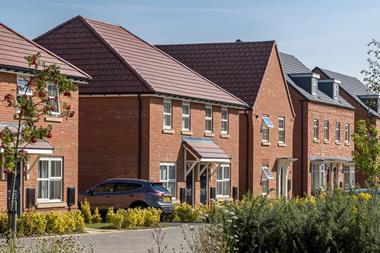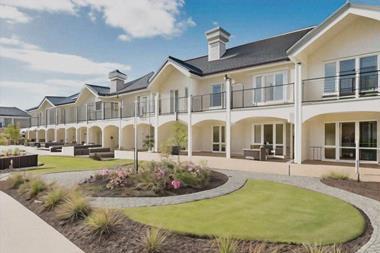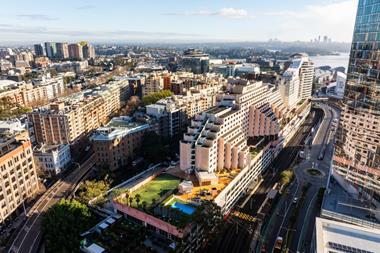VIETNAM - Ho Chi Minh City has seen the world's fastest office rent rises in the 12 months to March, with occupancy costs rising 94%, according to CBRE's Global Market Rents survey.
Increases in specific markets reflect a widespread global trend, as 88% of the 173 markets tracked posted higher occupancy costs, and among the top 10 markets - six of them emerging markets - occupancy costs rose 59%.
The report's authors attribute rent increases in the developing world to multiple economic shocks, citing high energy costs and rising food prices, as well as the US financial market downturn. Combined, these factors "turned a soaring global economy to one of widespread concern", suggested the report.
Asia, with limited exposure to the impact of the US financial crisis, still faces its own food inflation, according to CBRE.
Yet emerging markets dominated the cost increase figures. Despite Q4 indications of a property market slowdown, the BRIC economies expanded 8.3% in the period measured.
And while the strongest increases were in emerging markets, mature markets such as London and Tokyo still recorded the highest occupancy costs.
The report, which tracks the highest and fastest-growing occupancy costs, cited areas of Tokyo and Mumbai among the top five most expensive office markets.
The half-yearly report identifies London as the most expensive office market, Moscow second with an increase of 93%, and Singapore third with an increase of 86%.
With the dollar exchange rate factored into rankings, it is unsurprising Asian markets have "responded differently", said a CBRE spokeswoman.
At the same time, "international investors are snapping up international-quality assets" now coming onto the market in emerging European markets because of the lack of available prime stock, she suggested.
A rapid rise in Mumbai likewise reflects restricted supply of prime office.
"Development pipelines are still very high in some markets. Whether it trails off as a result of the economic slowdown remains to be seen. But it is not a sudden lack [of property]. It's been like that for the past few years," she said.
CBRE director Richard Holberton said softening demand as a result of new developments could slow the increases seen so far this year.
"In Western Europe you're starting to see softening demand and rental increases. There has been some tempering of growth, but there are variations," he said. "In some larger markets, there is some evidence that demand is weaker, with weaker rental increases - for instance, London is entering a period of weaker demand and rents are edging down."












